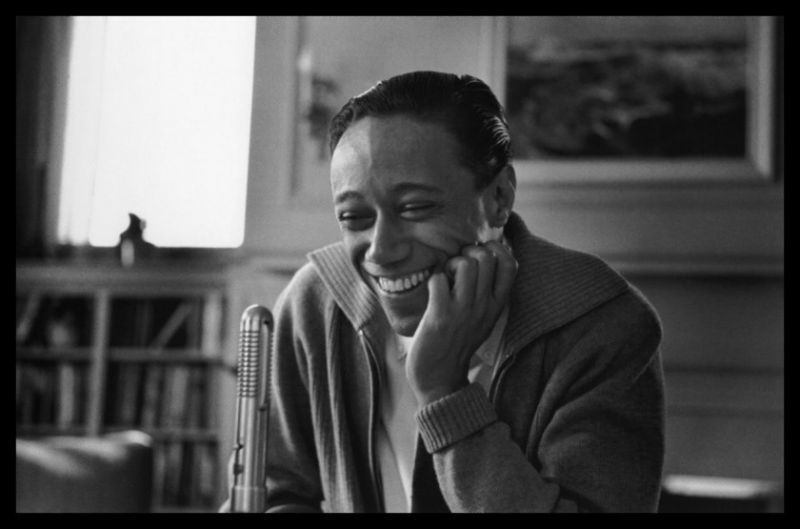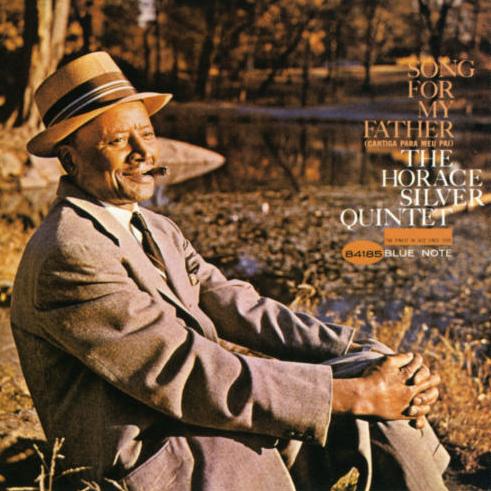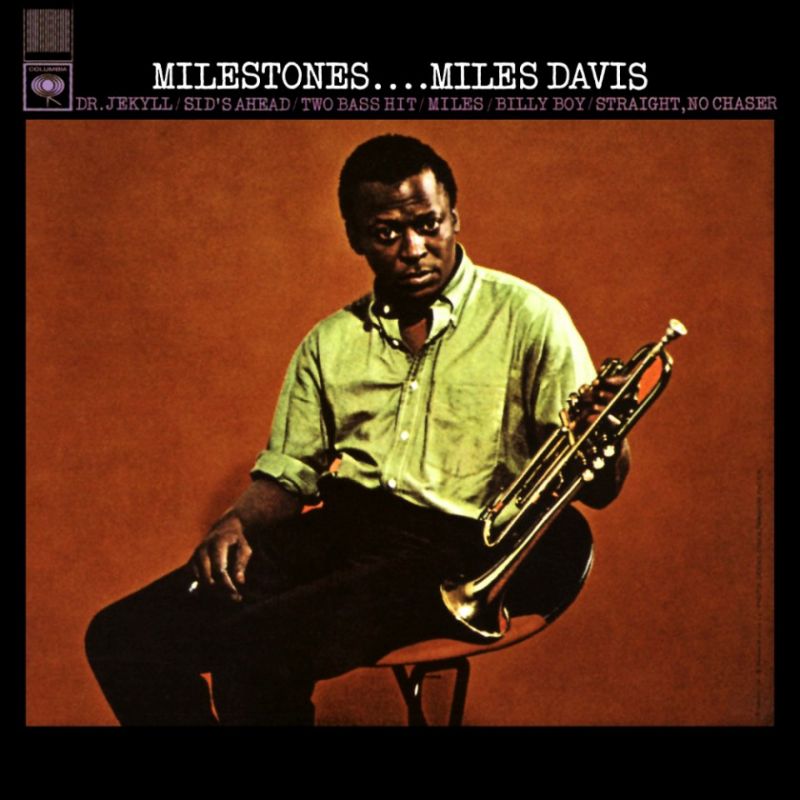Jazz is not background music. You must concentrate upon it in order to get the most of it. You must absorb most of it. The harmonies within the music can relax, soothe, relax, and uplift the mind when you concentrate upon and absorb it. Jazz music stimulates the minds and uplifts the souls of those who play it was well as of those who listen to immerse themselves in it. As the mind is stimulated and the soul uplifted, this is eventually reflected in the body.
~Horace Silver“We all have to open our minds, stretch forth, take chances and venture out musically to try and arrive at something new and different.”
~Horace Silver
Song For My Father – Live – Denmark TV 1968:
From Wikipedia:
| Birth name | Horace Ward Martin Tavares Silva |
|---|---|
| Born | September 2, 1928 (age 85) |
| Origin | Norwalk, Connecticut, U.S. |
| Genres | Post bop Modal jazz Mainstream jazz Soul jazz Jazz fusion Hard bop |
| Occupations | Pianist Composer Bandleader |
| Instruments | Piano |
| Associated acts | Horace Silver Quintet Horace Silver Trio Art Blakey and the Jazz Messengers |
Horace Silver (born September 2, 1928), born Horace Ward Martin Tavares Silva in Norwalk, Connecticut, is an American jazz pianist and composer.
Silver is known for his distinctive humorous and funky playing style and for his pioneering compositional contributions to hard bop. He was influenced by a wide range of musical styles, notably gospel music, African music, and Latin American music and sometimes ventured into the soul jazz genre.
From allmusic (Chris Kelsey):
From the perspective of the early 2000s, it is clear that few jazz musicians have had a greater impact on the contemporary mainstream than Horace Silver. The hard bop style that Silver pioneered in the ’50s is now dominant, played not only by holdovers from an earlier generation, but also by fuzzy-cheeked musicians who had yet to be born when the music fell out of critical favor in the ’60s and ’70s. … read more -> allmusic.com
From allaboutjazz.com:
When Horace Silver once wrote out his rules for musical composition (in the liner notes to the 1968 record, Serenade to a Soul Sister), he expounded on the importance of “meaningful simplicity.” The pianist could have just as easily been describing his own life. For more than fifty years, Silver has simply written some of the most enduring tunes in jazz while performing them in a distinctively personal style. It’s all been straight forward enough, while decades of incredible experiences have provided the meaning. .. read more -> allaboutjazz.com
Legacy:
Silver’s music has been a major force in modern jazz. He was one of the first pioneers of the style known as hard bop, influencing such pianists as Bobby Timmons, Les McCann, and Ramsey Lewis. Second, the instrumentation of his quintet (trumpet, tenor sax, piano, double bass, and drums) served as a model for small jazz groups from the mid-1950s until the late 1960s. Further, Silver’s ensembles provided an important training ground for young players, many of whom (such as Donald Byrd, Art Farmer, Blue Mitchell,Woody Shaw, Junior Cook, and Joe Henderson) later led similar groups of their own.
Silver’s talent did not go unnoticed among rock musicians who bore jazz influences, either; Steely Dan sent Silver into the Top 40 in the early 1970s when they crafted their biggest hit single, “Rikki, Don’t Lose That Number,” off the bass riff that opens “Song for My Father.”
As social and cultural upheavals shook the nation during the late 1960s and early 1970s, Silver responded to these changes through music. He commented directly on the new scene through a trio of records called United States of Mind (1970–1972) that featured the spirited vocals of Andy Bey. The composer got deeper into cosmic philosophy as his group, Silver ‘N Strings, recorded Silver ‘N Strings Play The Music of the Spheres (1979).
Señor Blues (Horace Silver, Blue Mitchell & Junior Cook):
Album of the day
Song For My Father (1964):
Read review @ allaboutjazz.com
Other September-02:
The Rock & Roll Hall of Fame Museum opened on September 2, 1995.
The Rock and Roll Hall of Fame and Museum is a complex located in Cleveland, Ohio devoted to performers, creators, promoters, and others associated with the growth and popularity of rock and roll music.
Some clips from the opening night:
Chuck Berry & Bruce Springsteen – Johnny B Goode:
Bruce Springsteen – Darkness on the edge of town:
Johnny Cash – Folsom Prison Blues & Ring of Fire:
—
Milestones is an album recorded in February and March 1958 by Miles Davis. It is renowned for including Miles’ first forays into the developing modal jazz experiments, as noticed on the piece “Milestones” (not to be confused with “Miles”, recorded by Davis in 1948), which would be followed to its logical conclusion on Kind of Blue. It was also the last time the rhythm section of Jones, Garland and Chambers would ever play with Miles on record.
| Released | September 2, 1958 |
|---|---|
| Recorded | February 4 and March 4, 1958 at Columbia 30th Street Studio, New York City |
| Genre | Jazz, modal jazz |
| Length | 47:36 (LP), 69:00 (CD) |
| Label | Columbia CL 1193 |
| Producer | George Avakian |
Spotify:
-Egil





